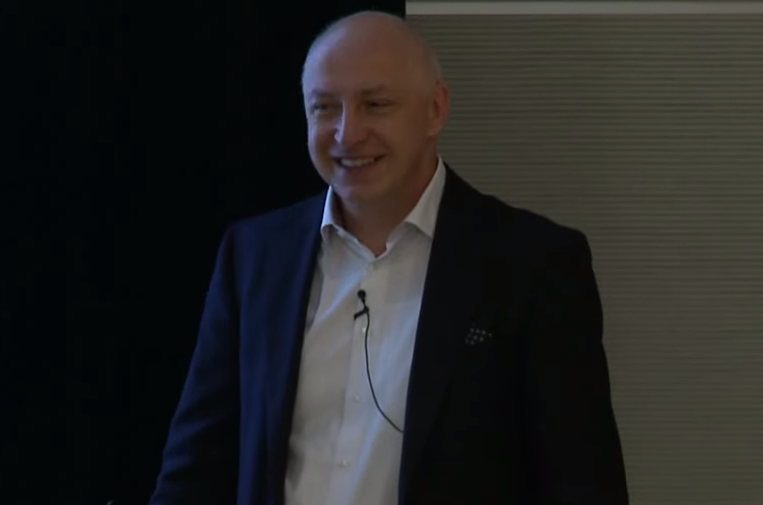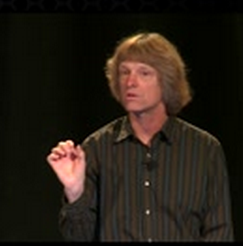CppCon 2014 Elevate Your Code to Modern C++11 with Automated Tooling--Peter Sommerlad
 While we wait for CppCon 2015 in September, we’re featuring videos of some of the 100+ talks from CppCon 2014. Here is today’s feature:
While we wait for CppCon 2015 in September, we’re featuring videos of some of the 100+ talks from CppCon 2014. Here is today’s feature:
Elevate Your Code to Modern C++11 with Automated Tooling
by Peter Sommerlad
(watch on YouTube) (watch on Channel 9)
Summary of the talk:
This talk will motivate and demonstrate how to transform your existing C++ code into more modern style and better quality. A key to that is refactoring the code into better shape. While manual refactoring can be tedious and error prone the author demonstrates automated refactoring that was created by his students and assistants and himself over the last nine years on the basis of Eclipse CDT. The tooling works with all compilers, because it is independent of one.
For example, we will show how to eliminate unnecessary macros or replace them by type-safe C++11/14 alternative code automatically. Or, to replace pointers, plain arrays and manual memory management by references, smart pointers, std::string, std::array, or std::vector automatically. Also other transformations, such as introducing a template parameter to reduce a coupling to a single concrete type are demonstrated. All with the goal to modernize and hopefully simplify your C++ code. Even if you are not deeply interested in modernizing your code base, some helpful tooling, such as toggling function definitions into a single place, to change their signature, can be of great help. On the other hand, many of the proposed improvements can also be applied with your favorite code editor only more tediously.

 We don't link to all awards, but this is a notable one:
We don't link to all awards, but this is a notable one: You are a student? Look at this:
You are a student? Look at this: While we wait for CppCon 2015 in September, we’re featuring videos of some of the 100+ talks from CppCon 2014. Here is today’s feature:
While we wait for CppCon 2015 in September, we’re featuring videos of some of the 100+ talks from CppCon 2014. Here is today’s feature: